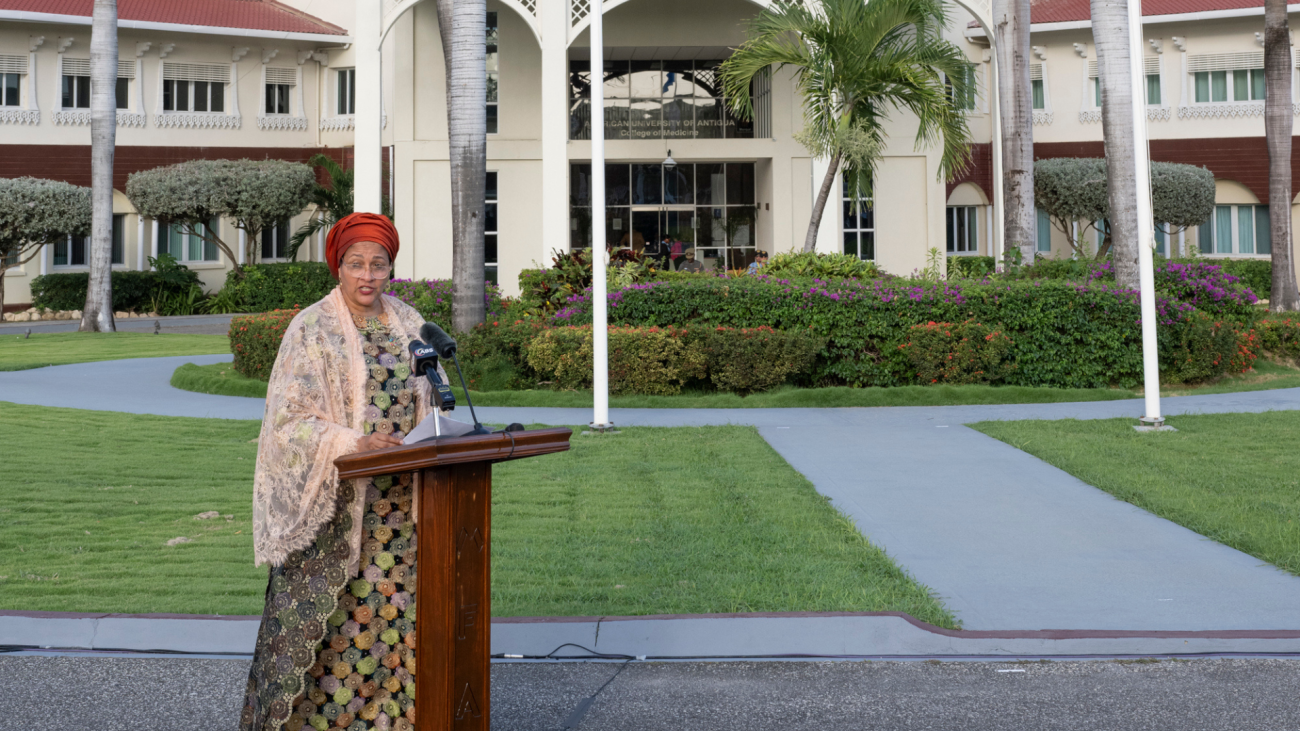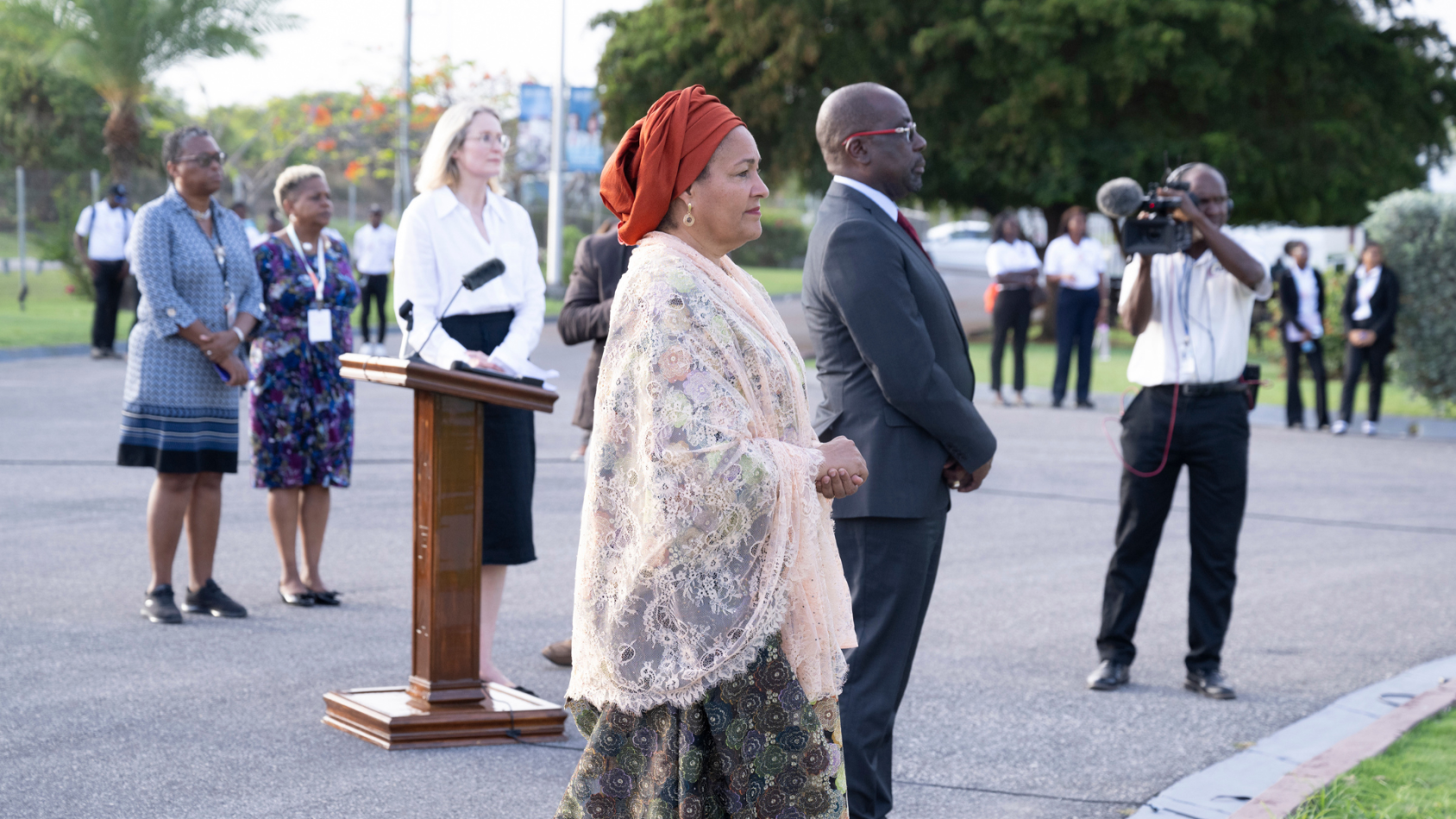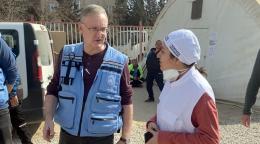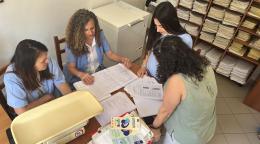UN Deputy Chief highlights hope and optimism at close of SIDS conference

Speaking at the closing of the Fourth International Conference on Small Island Developing States (SIDS4), UN Deputy Secretary-General Amina J. Mohammed stressed that despite increasingly existential threats to SIDS, “we do have reasons for hope and optimism”. The roadmap towards achieving resilient prosperity for small island States adopted at the closing of the SIDS conference on May 30 in Antigua and Barbuda “marks the beginning of a new journey” and a decade of delivery for their citizens and the world, she said.
More than 20 world leaders and senior ministers from over 100 nations joined close to 4,000 other participants on the lush campus of the American University of Antigua through the week – together with representatives from the private sector, civil society, academia and youth – to tackle a raft of issues vital to the survival of the 39 SIDS in the face of the climate crisis and other shocks.
The deputy UN chief declared that the adopted outcome, known as the Antigua and Barbuda Agenda (ABAS), presented a “vision for the future that SIDS want and need”.

On the right course
The plan for the next 10 years agreed by all parties to the conference, titled A renewed declaration for resilient prosperity, sets out the collective sustainable development aspirations of SIDS and the support required from the international community to meet them.
The deputy UN chief told delegates that ABAS sets the economies of SIDS on a strong course so they can strengthen resilience with populations in ways that are safe, healthy, productive and prosperous “but also where access to food, energy and water is guaranteed”.
Biodiversity will be protected while the ocean and its resources are conserved, secured by strong climate action to limit temperature rises and rising sea levels.
She stated that all action to slow global warming must “meet the urgency of the moment”.
The new Centre of Excellence for SIDS – housed in Antigua and Barbuda – will be solutions-oriented and serve as a platform for crucial private sector engagement, she added.
ABAS also calls for significant new financing at scale, where it is most needed, given the crippling impact of high interest debt repayments many SIDS face.
A new debt sustainability support service is also being established as part of the forward-looking agenda and the provision of data which can really measure vulnerabilities to scale up finance “to where it matters most with a sense of urgency”.

Commitment ‘at all levels’
Although the path has been set, there is no automatic right to success, Ms. Mohammed cautioned.
“Success relies on each of us – each and every one of us – stepping up in genuine partnerships that are timely, that are robust and effective” to make the ABAS a reality.
Ms. Mohammed said there needed to be a “reality check” when it comes to monitoring and evaluation.
“Let me say that halfway through the SDGs, what we did measure has not been done, and that’s a wake up call for us…not to lose the credibility of the multilateral system." She said the real work will be in implementing the Agenda.
Speaking for the UN, she said “we commit to joining your efforts at all levels.”
UN Resident Coordinators and Country Teams will work hand in hand with all partners to deliver resilient prosperity and aid digital, “green and blue” transformation.
This article was first published by UN News, read the full story here. To read about efforts by Resident Coordinators and UN agencies on the ground to help support SIDS, read articles from Cabo Verde and Samoa.
























